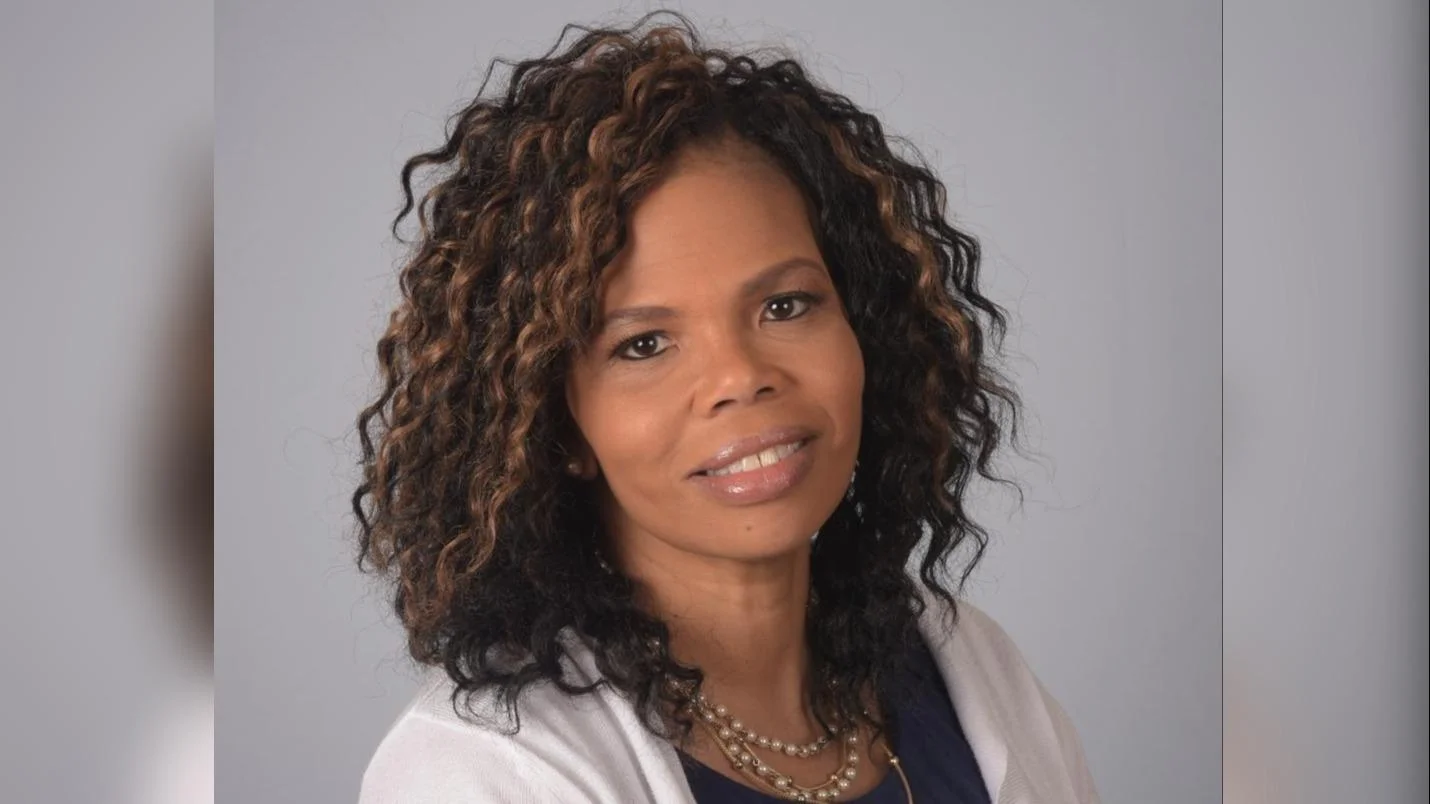
Doulas play a significant role in supporting families during pregnancy, childbirth, and postpartum care. According to Winifred Smith-Jenkins, Director of Early Childhood Policy and Advocacy, "Doulas are trained professionals who provide emotional, physical, and informational support during pregnancy, childbirth, postpartum care, and in the event of loss. Unlike medical providers, doulas offer continuous, personalized non-clinical care that focuses on comfort, advocacy, and helping families navigate the birthing process. Their presence is proven to improve birth outcomes and reduce disparities, particularly for Black and Brown birthing people who face some of the highest maternal mortality rates in the country."
Research indicates that doula-supported births are linked to lower rates of cesarean deliveries and complications. There is also evidence that they help increase breastfeeding initiation rates and maternal satisfaction. Doulas contribute to improved mental health outcomes by reducing postpartum depression and fostering trust through culturally competent care—especially within underserved communities.
Smith-Jenkins emphasized the importance of doulas: "Doulas aren’t a luxury. They’re a life-saving support system." She noted that their work helps close racial and economic gaps in maternal health while centering family needs.
Despite an increasing number of trained doulas, many leave the profession due to inadequate compensation structures. Most doulas lack benefits or steady income; those serving low-income or Medicaid clients often accept significantly reduced fees—sometimes earning less than $500 for months of service. Many provide sliding scale or free services which can lead to burnout and financial instability.
"If we want to keep doulas in the field, we must pay them a living wage," Smith-Jenkins stated.
Medicaid covers nearly 42% of births in the United States. Several states—including New Jersey—have added doula services as a covered benefit under Medicaid programs (https://www.nj.gov/humanservices/news/pressreleases/2021/approved/20210701b.html). However, challenges persist such as low reimbursement rates that do not support full-time employment for doulas; credentialing requirements that may exclude experienced community-based practitioners; and bureaucratic barriers making it difficult for doulas to enroll as Medicaid providers.
To address these issues, Smith-Jenkins called for several changes: "Providing fair, equitable and sustainable compensation by setting reimbursement rates that reflect the full scope of care; Allowing experience-based and community-informed credentialing pathways; Eliminating unnecessary red tape to make enrollment and billing as a Medicaid doula provider simple and accessible; and Including doulas in program design, oversight, and quality monitoring."
She concluded: "We cannot achieve better birth outcomes; or true maternal health equity without investing in doulas. That means moving beyond pilot programs and charity models to sustainable public funding especially through Medicaid. If doulas are essential (and they are), we must treat them like it; by paying them fairly."
As election season approaches in New Jersey—a state with ongoing efforts to expand access to doula services—Smith-Jenkins encouraged voters to ask candidates about their plans for ensuring access to community-based doula care through Medicaid coverage.